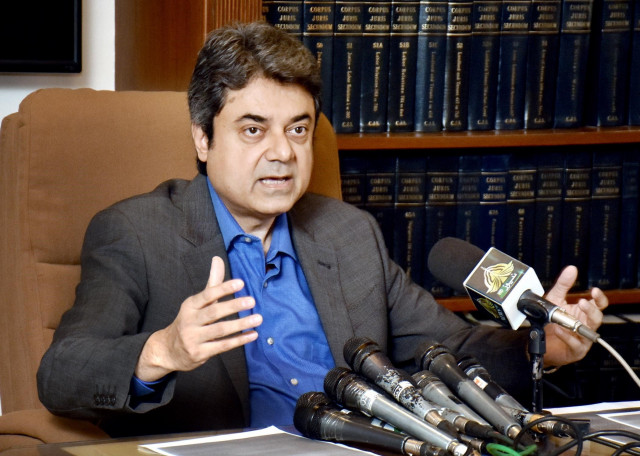Islamabad:
The main lawyer, Dr. F affeal Naseem, argued that the Super Tax is not an additional tax – an assertion with which the Supreme Court Jamal Khan Mandokhail was disagreeing.
The constitutional bench of five members (CB) of the Supreme Court, led by Judge Aminuddin Khan, resumed on Thursday of requests filed against the taxation of the super tax.
During the hearing, judge Mandokhail asked if other high courts had made decisions on the amendment to article 99D of the income tax order.
Dr. Naseem replied that the High Court of the Sindh had rejected the petitions, while business was still pending before the High Court of Islamabad and the High Court of Lahore.
He pointed out that today, banks paid 43% taxes, and with the 10% super taxes added, the rate reaches 53%. He also argued that, while the burden was currently on the banks, the amendment has in fact mentioned all the sectors.
“Good, bad or even corrupt … It is these very industrialists who keep the wheels of the economy. Due to this situation, many manufacturers have already moved their factories to various African countries,” he added.
The lawyer argued that if the courts had not granted relief to taxpayers, they would be left helpless and that the loss would ultimately affect everyone.
The discussion also discussed the importance of Parliament and the Constitution.
Judge Mandokhail pointed out that the Constitution itself was supervised by the Parliament, while Dr. Fonogh Naseem argued that in Pakistan, the Constitution holds greater power than parliament, although internationally parliamentary supremacy is recognized.
Judge Muhammad Ali Mazhar observed that article 4C did not indicate anything on the taxation of an additional tax: “If it had been written explicitly, there would have been no problem.”
Naseem agreed that if these words had been there, the question would have been clear. Continuing his arguments, he said that the moment when an addition is made, the super tax applies automatically.
Judge Mazhar replied that the very “super tax” itself means an additional tax. “What needs clarification?” He asked. The lawyer, however, did not agree, asking the judge to show a dictionary that defines the super tax as an additional tax.
Judge Mandokhail insisted that the very meaning of the super tax was an additional tax. “What dictionary is required? Income has been defined, so there is no need for a separate definition of super tax.” He also noted that it is written that the super tax is a separate tax. “So that does not equate the double taxation.”
Dr. Naseem argued that by virtue of entries 55, 56 and 58, the super tax was recognized as an independent levy. “But as he is not explicitly written as separated now, it loses this independence,” he said.
Subsequently, the hearing was postponed until today. Before postponement, the Council asked questions about planning hearings for next week.
The bench judged that the super fiscalists would have priority, while hearings on petitions against the 26th constitutional amendment would be listed later.




